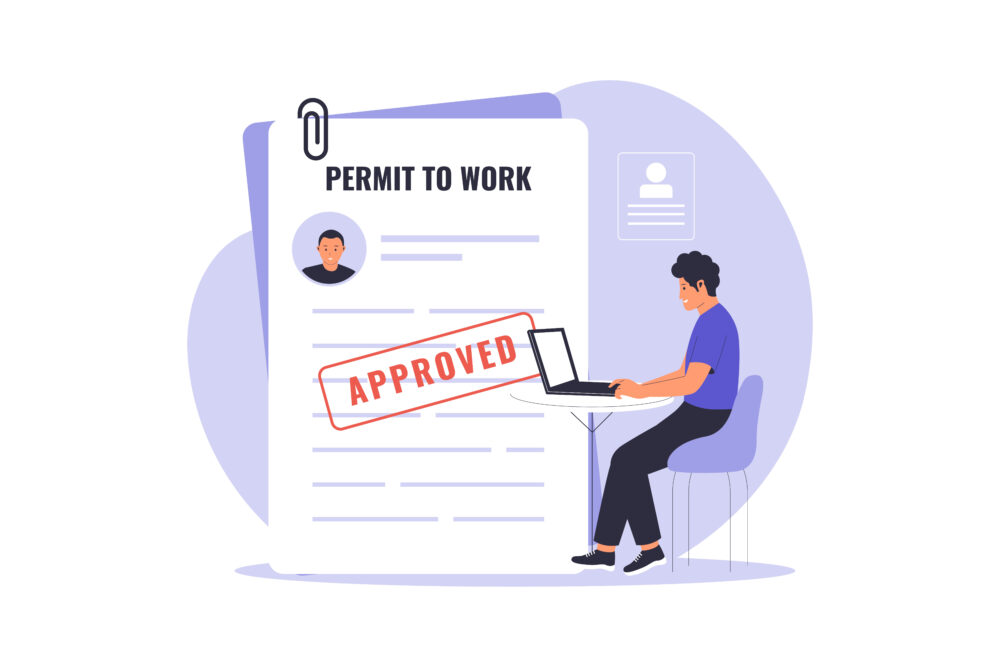Dimissal is one of the disciplinary measures prescribed in the Labor Code 2019 and is considered the most severe form of disciplinary action against an employee. The application of dismissal requires employers to strictly comply with legal regulations to avoid labor disputes and potential legal risks. In this article, the author will analyze the cases in which termination applies, the principles, and the procedures for handling labor discipline, helping businesses ensure legality in the implementation process.
1. Cases where employees are applied dismissal legally
1.1 According to Article 125 of the 2019 Labor Code, employers may only apply termination as a disciplinary measure for the employee commits violations in the following cases:
- Theft, embezzlement, gambling, deliberate infliction of injuries or uses drug at the workplace;
- Disclosure of business secrets, technological secrets, or infringement of intellectual property rights, causing or threatening to cause damage to the business.
- Sexual harassment in the workplace, as defined in the company’s internal regulations.
- Repeat offenses within the period before previous disciplinary actions are erased, particularly in cases of demotion or deferment of pay rise.
- Unauthorized absence from work for five or more consecutive days within 30 days from the first day of absence.
If an employee commits an act that does not fall into one of the categories above, the employer cannot impose dismissal as a disciplinary measure.
1.2 Employers must bear the burden of proving the employee’s fault and violation as a basis for termination, ensuring compliance with disciplinary principles and procedures.
2. Principles and procedures for taking disciplinary measures at work
Pursuant to the 2019 Labor Code, the process of handling labor discipline must comply with specific principles and procedures, as outlined below:
2.1 First, the employer must prove the employee’s fault. According to the provisions of Clause 1, Article 70 of Decree 145/2020/ND-CP guiding the Labor Code 2019, if the employer discovers a violation at the time of the violation, the employer must draw up a record of the violation recording the employee’s fault and notify the organization representing the employee at the facility at the time of discovery of the violation; in case the violation is discovered after the above time, the employer must collect evidence to prove the employee’s fault.
Decree 145/2020/ND-CP guiding the Labor Code 2019
Article 70. Disciplinary procedures
Disciplinary procedures prescribed in Clause 6 Article 122 of the Labor Code are specified below:
- In case an employee’s violation is discovered when it is committed, the employer shall prepare a violation record and inform the internal employee representative organization of which the employee is a member, the employee’s legal representative if the employee is under 15. In case an employee’s violation is discovered after it is committed, evidence of such violation must be gathered.
2.2 Second, the handling of labor discipline must have the participation of he representative organization of employees to which the employee is a member, which can be the grassroots trade union or the organization of employees at the enterprise. The presence of the organization representing the employees at the facility is to ensure fairness, the rights and legitimate interests of the employees who are members of the such organization. In some cases where the enterprise has not established a representative organization of employees at the facility, the participation of this entity in the disciplinary process is not required; however, to ensure fairness and benefits for employees, enterprises are encouraged to send an invitation letter to the direct superior trade union to participate in the labor discipline meeting.
2.3 Third, employees must be present at the disciplinary meeting. Employees have the right to participate in the disciplinary meeting to defend themselves, ask a lawyer or an organization representing employees to defend them. This is one of the mandatory principles and procedures in handling labor discipline to ensure the legitimate rights and interests of employees according to the provisions of labor law. However, in case the employer has notified the employee of the content, time and location of the meeting but the employee does not confirm participation or is absent, the employee has the right to conduct a labor discipline meeting without the employer’s participation.
2.4 Fourth, the content of the labor discipline meeting must be recorded in minutes, approved before the end of the meeting and signed by the meeting attendees. In case someone does not sign the minutes, the reason must be clearly stated. This is one of the important documents that shows the employer’s dismissal process is legal when the parties dispute at the dispute resolution agency.
Dismissal of employees is the right of the enterprise, but it must be done in accordance with the law to avoid disputes and legal risks. In the following part of the article, the author will note to readers some legal consequences and risks when employers handle disciplinary dismissal of employees illegally.
See more:
2/ Termination of labor relations with enterprise’s directors
Disclaimers:
This article is for general information purposes only and is not intended to provide any legal advice for any particular case. The legal provisions referenced in the content are in effect at the time of publication but may have expired at the time you read the content. We therefore advise that you always consult a professional consultant before applying any content.
For issues related to the content or intellectual property rights of the article, please email cs@apolatlegal.vn.
Apolat Legal is a law firm in Vietnam with experience and capacity to provide consulting services related to Employment and contact our team of lawyers in Vietnam via email info@apolatlegal.com.





































